Why AI-Powered SaaS is the Future of Startups
In 2025, startups are no longer just tech-savvy—they’re AI-driven. Artificial Intelligence has moved beyond being a buzzword and is now deeply embedded in Software-as-a-Service (SaaS) tools, transforming how startups operate, scale, and compete. AI-powered SaaS is fast becoming the default approach to building smarter, leaner, and more responsive startups.
From predictive analytics to AI chatbots, generative content creation, automated workflows, and intelligent customer engagement, startups in every industry are tapping into the power of AI SaaS to gain a competitive edge. Let’s dive into why this combination is shaping the startup landscape in 2025 and beyond.
What Is AI-Powered SaaS?
AI-powered SaaS combines cloud-based software delivery with artificial intelligence technologies such as machine learning, natural language processing, computer vision, and generative AI. Unlike traditional SaaS platforms that require human input for every decision or workflow, AI-powered tools learn from data, improve over time, and make intelligent suggestions or automate entire processes.
1. Hyper-Personalization at Scale
Today’s consumers expect personalization. With AI integration, SaaS platforms analyze behavioral patterns, past purchases, engagement rates, and other signals to deliver ultra-personalized experiences. Whether it’s an email marketing platform recommending optimal send times or a CRM suggesting the next best action for a sales rep, AI makes personalization scalable.
Example: Tools like ActiveCampaign and HubSpot AI use behavioral analytics and predictive models to automate lead nurturing and customer segmentation.
2. AI SaaS Enables Real-Time Decision Making
Startups can’t afford to wait for weekly reports or delayed insights. AI-driven dashboards now analyze real-time data streams—user activity, server load, marketing metrics, and more—to deliver instant, actionable insights. Smart alerts, anomaly detection, and automated forecasting are game-changers for lean teams.
Trending Tools: Google Looker Studio + BigQuery AI, Tableau AI, Zoho Analytics with Zia.
3. Lower Operational Costs with AI Automation
One of the biggest benefits of AI SaaS is cost efficiency. Startups can automate repetitive tasks—data entry, email replies, customer service, bookkeeping—freeing up human capital for strategic work. In 2025, even HR, finance, and legal workflows are being automated through intelligent bots and AI-based document handling tools.
- AI HR bots for screening candidates
- AI finance tools for invoice processing
- AI legal assistants for reviewing contracts
4. Seamless Integration and Workflow Automation
Modern AI SaaS platforms are built to integrate with other apps and data sources via APIs or platforms like Zapier and Make. This allows startups to build custom AI workflows that automate business logic across sales, support, operations, and marketing in minutes.
Example: An AI tool like Levity can analyze incoming emails, classify them, and trigger automated Slack messages or CRM updates.
5. AI-Powered SaaS Democratizes Data Science
Startups no longer need a dedicated data science team to make sense of their data. With drag-and-drop AI tools and natural language interfaces, even non-technical founders can run sentiment analysis, churn prediction, or pricing optimization models with ease.
Trending Keywords: low-code AI tools, AutoML, predictive analytics for startups, AI SaaS for SMBs
6. Chatbots and AI Agents Are Replacing Human Support
Thanks to large language models (LLMs), AI chatbots now offer near-human support 24/7. They can understand context, handle complex queries, and escalate when needed—reducing support tickets by 60% or more. Startups use AI agents to power WhatsApp support, onboard users, and even qualify leads.
Real-World Example: Intercom AI, Drift GPT, and India-based Haptik AI are leading this change in customer communication.
7. The Rise of AI SaaS Niches
In 2025, AI SaaS isn't limited to generic productivity tools. Niche AI SaaS products are booming:
- Healthcare: AI-powered diagnostics (e.g., Qure.ai)
- Legal: Contract review automation (e.g., Luminance)
- EdTech: Personalized tutoring (e.g., ScribeSense)
- Finance: AI budgeting & credit scoring (e.g., Zest AI)
8. Generative AI Tools Are Accelerating MVP Development
With tools like OpenAI’s GPT, Meta’s LLaMa, and India’s Sarvam AI, developers are rapidly building SaaS features that auto-generate content, emails, ads, code, and images. This is drastically reducing MVP launch timelines from months to weeks—or even days.
Tool Highlight: Jasper AI, Writesonic, GitHub Copilot, Canva AI
9. Smarter Customer Retention Strategies
AI doesn’t just bring customers in—it keeps them. AI SaaS tools now track user journeys, identify churn signals, and trigger personalized retention campaigns. These tools ensure you’re always one step ahead of losing a customer.
10. VC Interest in AI SaaS Startups Is Surging
Investors are doubling down on AI SaaS startups in 2025. They’re attracted to the scalable business model, strong recurring revenues, and defensibility of AI IP. If you’re building in this space, you’re likely to get attention—especially if your AI tool solves a deep niche problem.
The Future Is AI-Native SaaS
Looking ahead, the next wave of SaaS startups won’t just have AI add-ons—they’ll be AI-native from day one. This means AI at the core of product design, not as an afterthought. Expect to see SaaS platforms that grow smarter with every user interaction, optimize themselves, and even co-create with users.
Final Thoughts
For founders in 2025, building an AI-powered SaaS startup is no longer optional—it’s essential. Whether you're a solopreneur or scaling a 50-person team, integrating AI into your SaaS stack will help you build faster, grow smarter, and compete harder.
Stay lean, stay intelligent, and embrace the shift to AI-native SaaS. The tools, talent, and market demand are all on your side. Now is the perfect time to ride the AI SaaS wave.

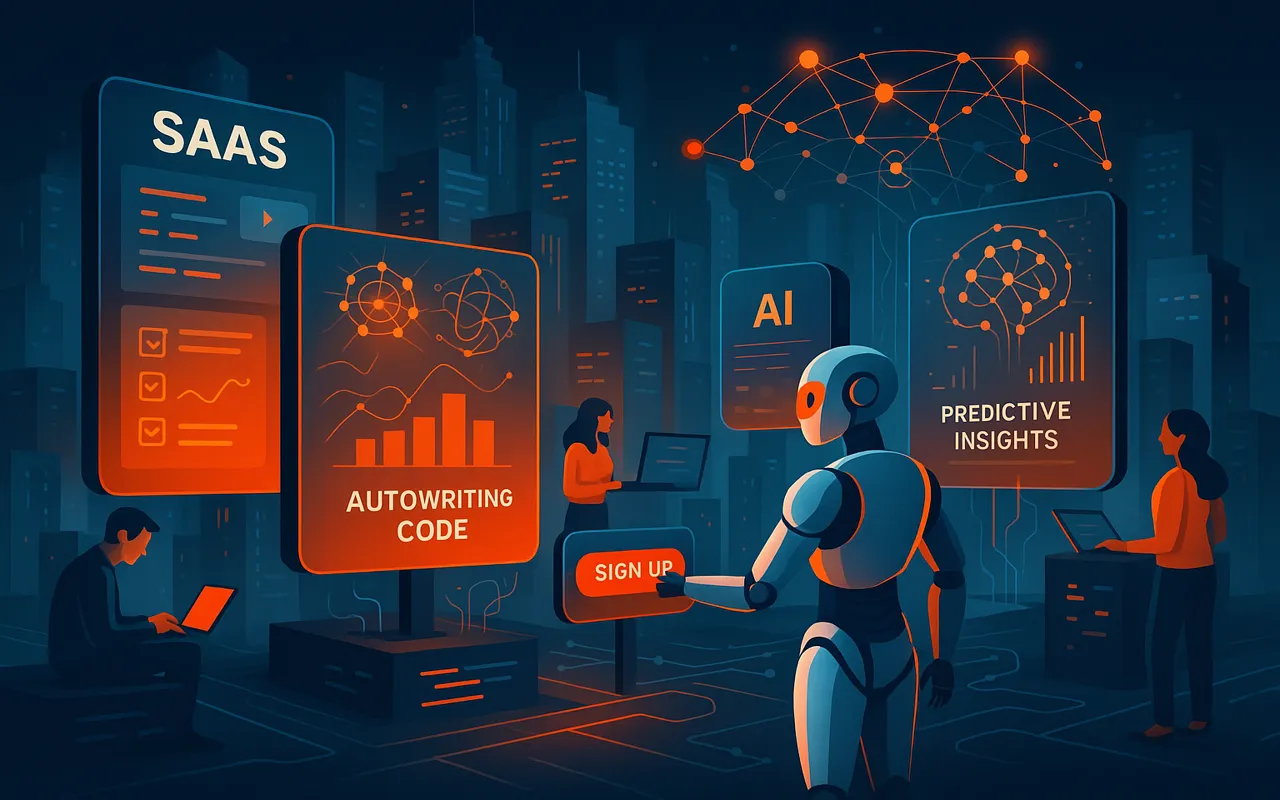
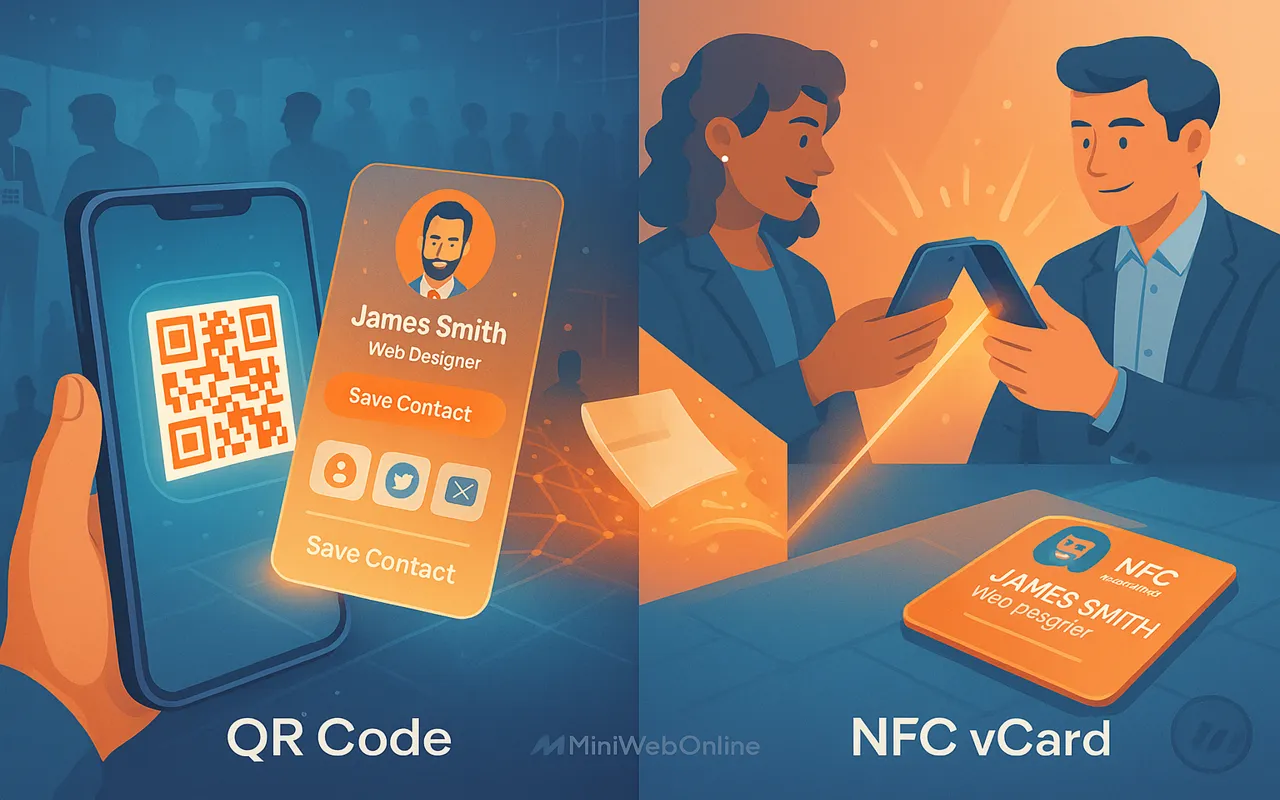

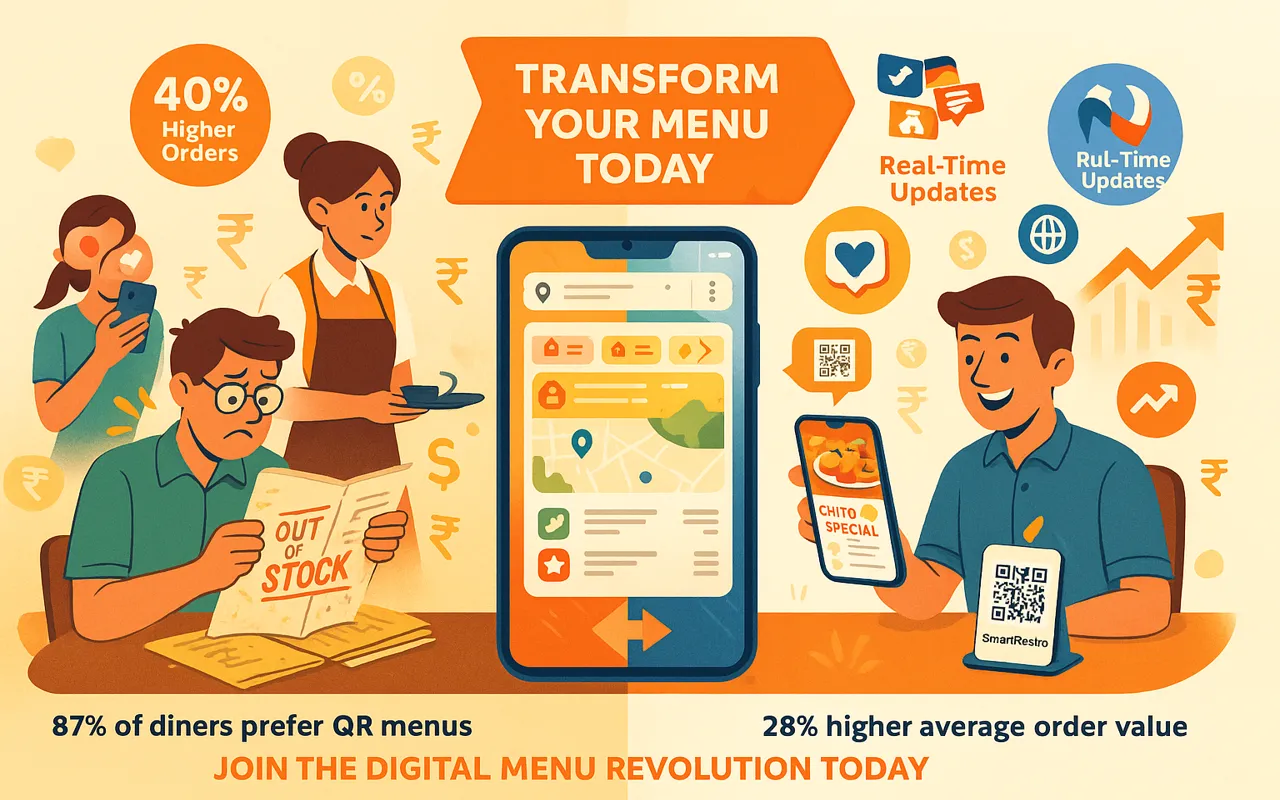
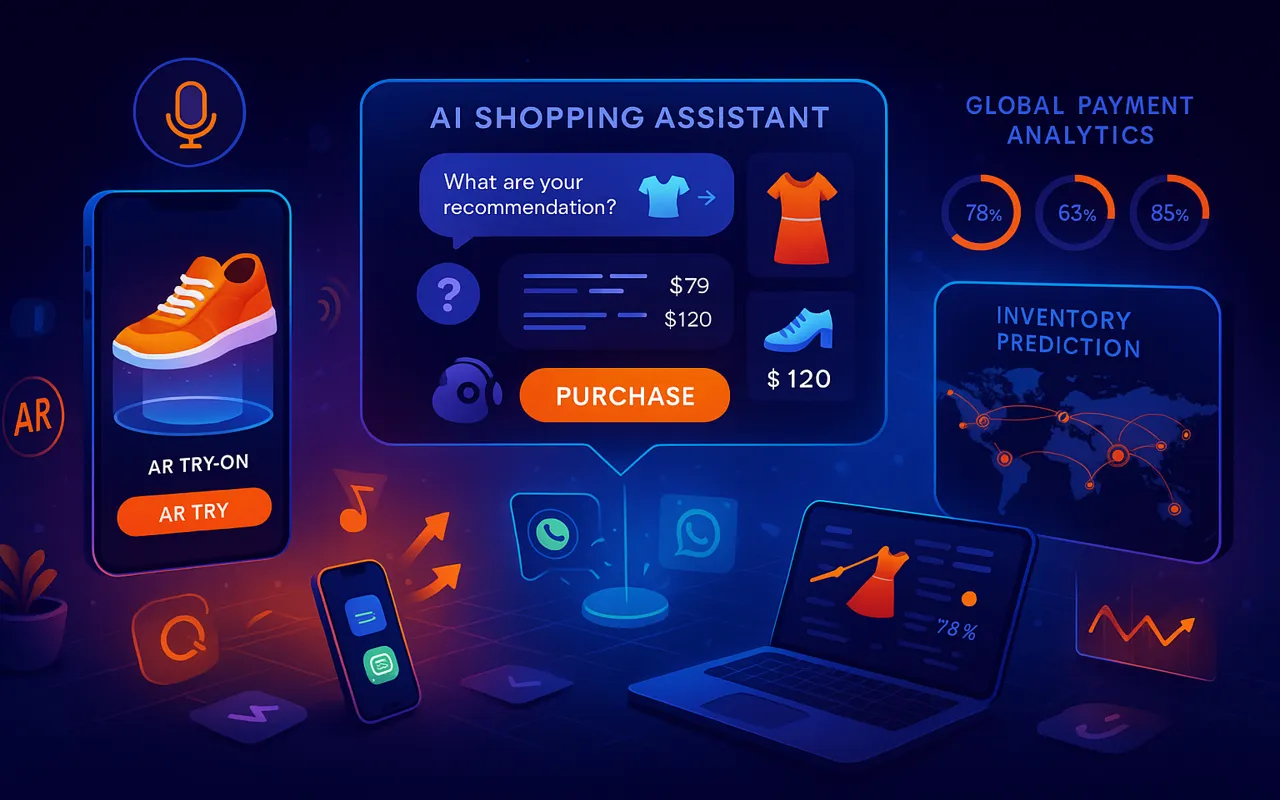
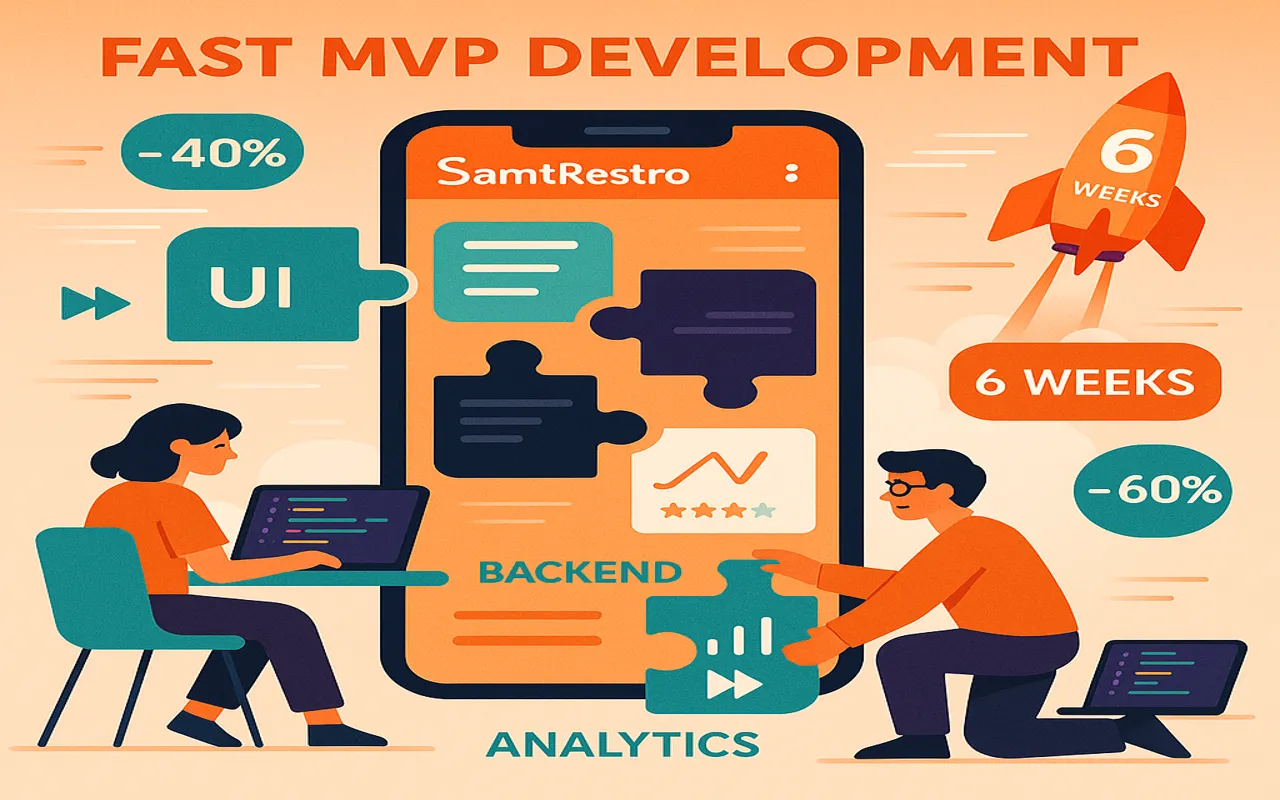
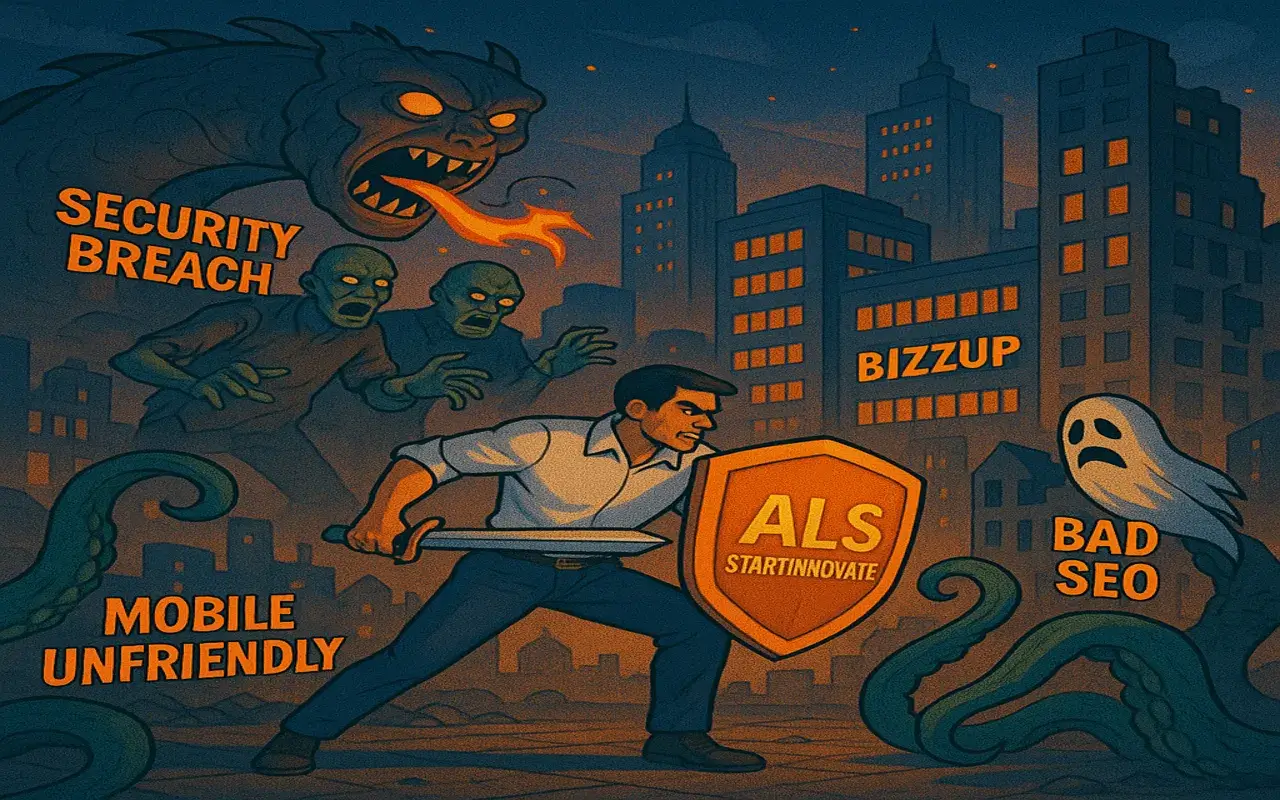

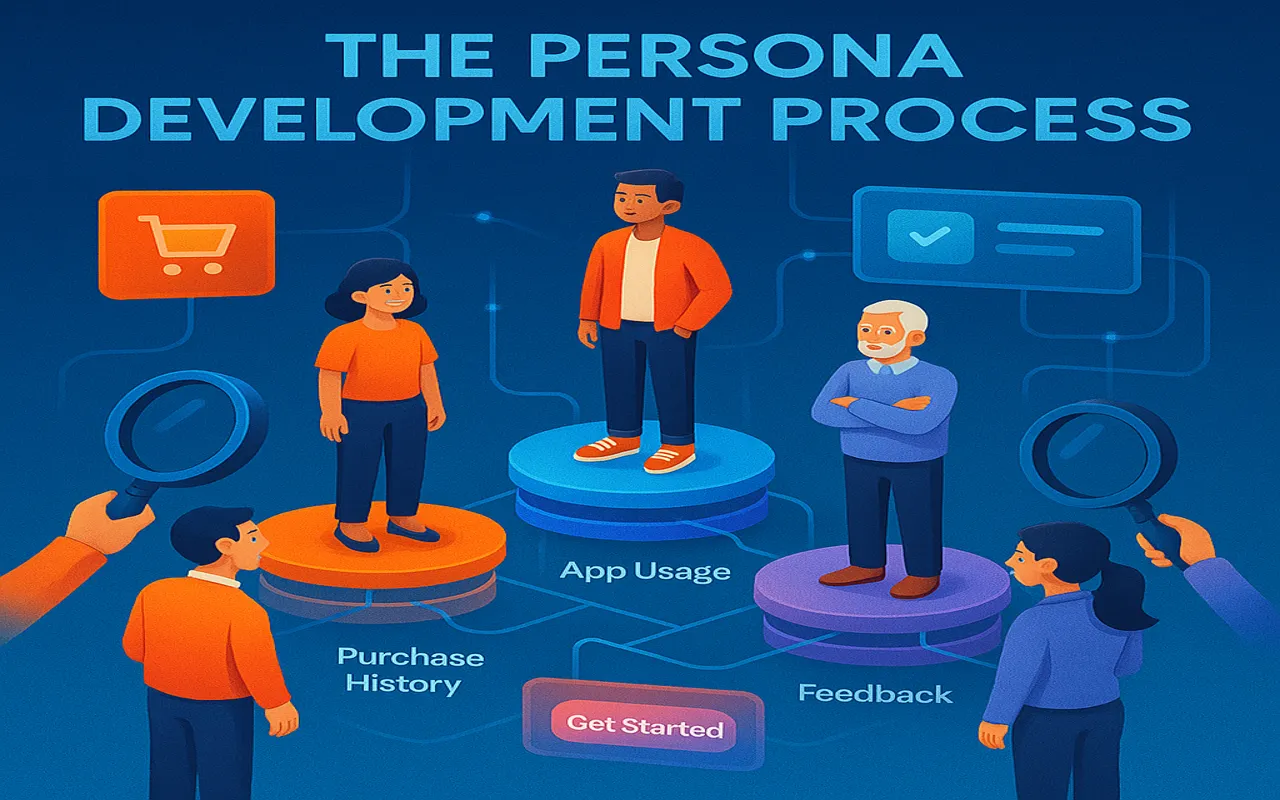
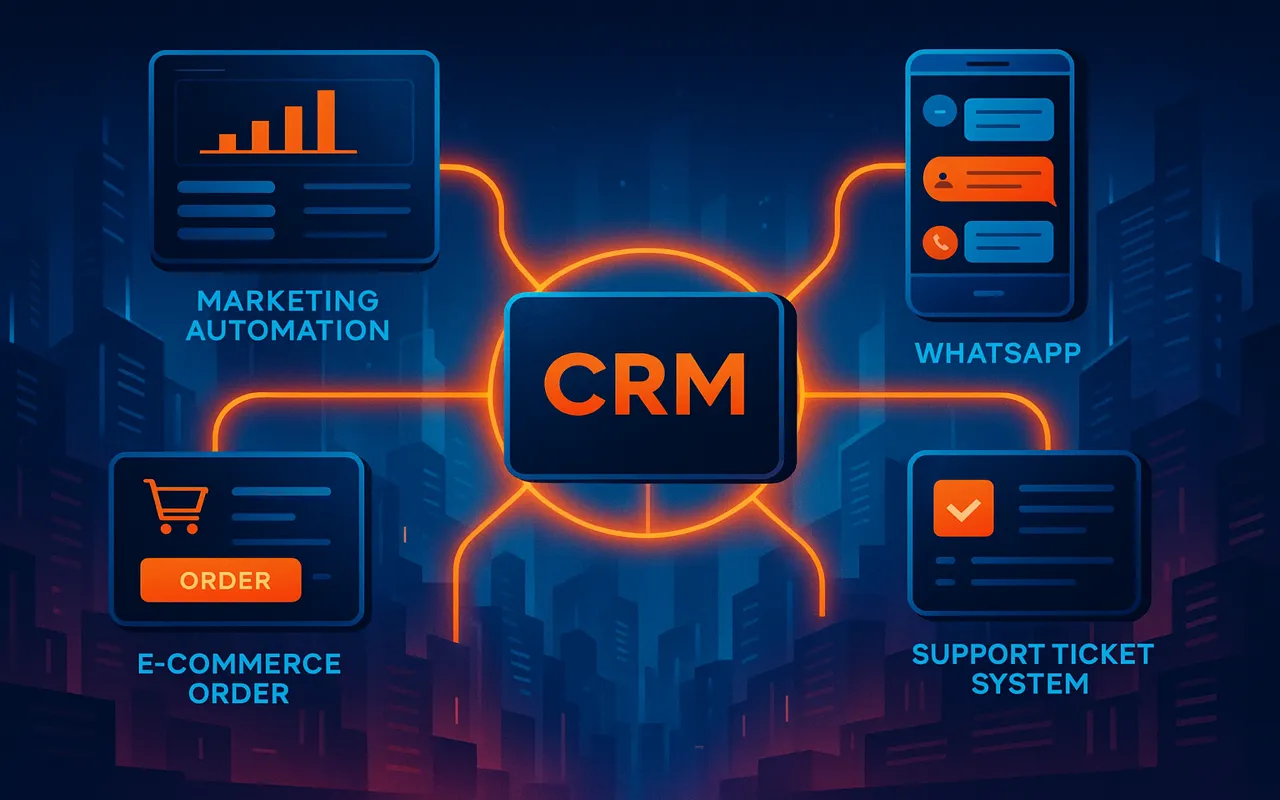
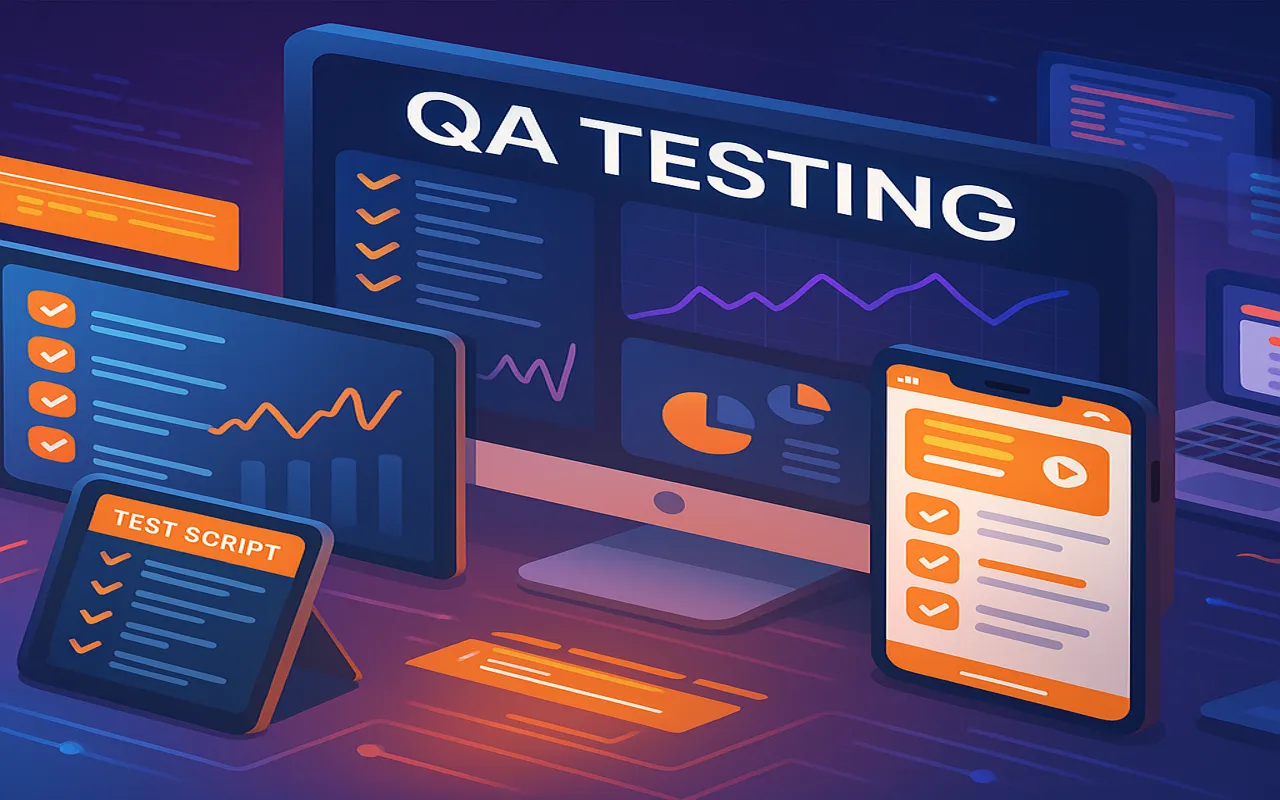
Comment: AI and SaaS is a game changer, love this article.
Comment: We’re already using AI in our CRM – results are amazing.
Comment: Amazing article! AI-powered SaaS is truly a game-changer for early-stage startups.
Comment: Great breakdown of how automation helps reduce costs. Would love more SaaS tool examples.
Comment: We’re exploring AI for customer support. This gave me some new ideas.
Comment: Thanks for sharing! The insights about real-time decision-making are very useful.
Comment: Can you create a follow-up blog on AI integrations with CRM tools?
Comment: Very informative! I never realized how AI is shaping SaaS platforms for startups. Looking forward to the future.
Comment: Our engagement doubled when we used these Instagram tips!
Comment: Thread format works amazing on Twitter—great mention.
Comment: Loved the LinkedIn tactics for B2B.
Comment: This made me realize how much copy affects UX!
Comment: Do you recommend specific tools for UX writing?
Comment: Short, actionable, and super insightful.